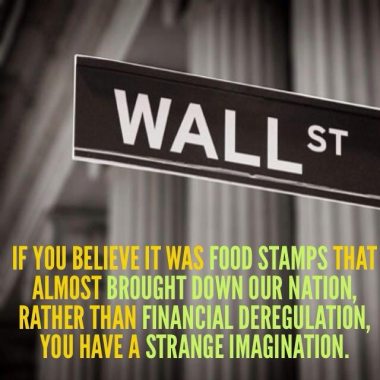
A strange pattern recently caught our eye. Numerous studies about murder rates have found that on average countries with high income inequality also have high murder rates. People are more likely to kill their fellow citizens as the gap between rich and poor increases. The same is not true of civil war — although you’d think people would be more likely to turn against the state rather than their neighbor as income inequality increased, this isn’t the case.
This dichotomy is surprising because it’s counter-intuitive. If blame lies anywhere for persistent income inequality, it most likely falls on government policies. Why would large inequalities cause people to turn against each other, rather than the state?
Part of the answer may have to do with the dream of upward mobility. In the case of the United States, Americans have long been willing to accept large income disparities as long as they believed the system was fair and that with hard work they, too, could one day be rich. Why change the system when it could eventually yield personal benefit?
But this doesn’t explain the large number of deep income inequality societies where citizens know the system is structured against them and still don’t rebel (think Brazil or South Africa, for example). Poor people might rebel because the country as a whole is mired in poverty, or because there is no hope for improvement, but they do not appear to fight because some people have a lot and many have nothing at all.
A better answer to the puzzle may have something to do with law enforcement and how it is allocated in highly unequal societies. When everyone is poor, the state distributes protection relatively equally across the board, and everyone gets about the same amount of security from the state. But when the country has a large gap between poor and rich, two things are likely to happen. First, the rich wield their political influence to ensure they directly receive a larger proportion of the security gains from public law enforcement. Second, they supplement this law enforcement with additional security measures.
This disproportionate allocation of security could have two unintended effects on violence. One of the things we know is that in areas of high income inequality – from Guatemala City to Cape Town – most murders occur between young, poor men who know each other. Income inequality puts the advantages of wealth on display but out of reach to these men, creating incentives to make money through gang involvement, crime, or violence. If income inequality also means that these poor neighborhoods receive less police protection, then a volatile combination of motive and opportunity has been created. The result is a higher rate of neighbor-on-neighbor killing.
But why don’t these same individuals rebel? Again, the answer may go back to the way protection and security are allocated. A system that protects the rich better than the poor is one where the rich and powerful are hard to challenge since they’ve built a “wall-of-security” around themselves.
This makes it more difficult for the rest of the population to rebel against them, helping explain why no connection has been found between inequality and civil war.
What does this mean for the United States, where income inequality is rising? It suggests that murder rates in poor neighborhoods are likely to rise but that violent rebellion is unlikely. The poor may know that the system is increasingly structured against them. But, given their options, it’s their own communities that will likely pay the highest price.
This article was originally published on Political Violence @ a Glance.

